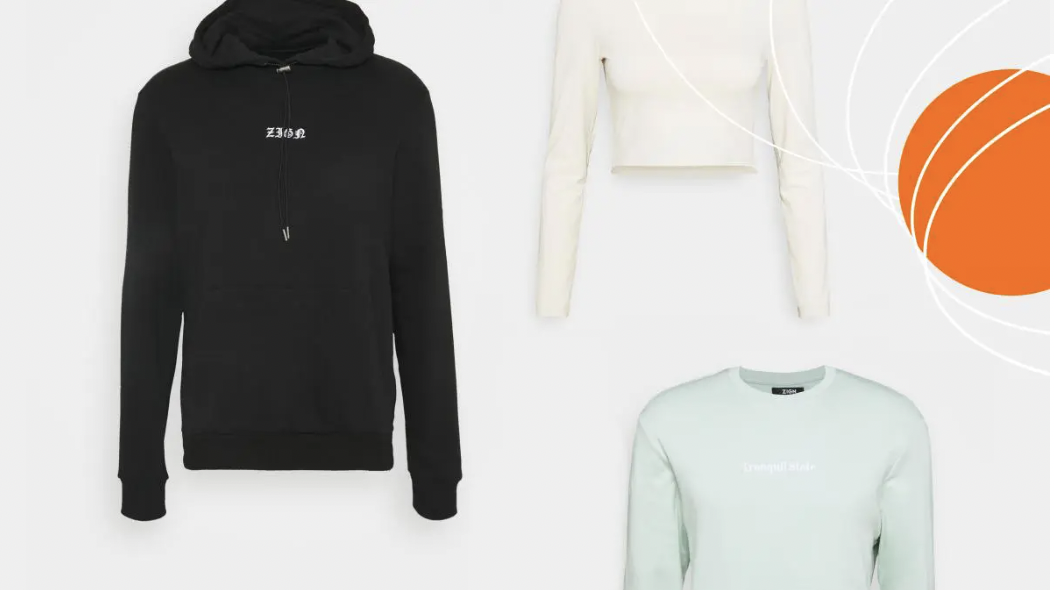
Piloting a Circularity Solution in E-commerce
This project was led by Fashion for Good, together with Zalando and circular.fashion, a Fashion for Good alumni innovator. The objective was to test the circularity.ID, a traceability solution designed by circular.fashion to increase resale and recycling opportunities for clothing at scale.
Problem Statement
E-commerce platforms face significant challenges in implementing circularity within their operations. Current systems for managing returns and unsold inventory often lead to inefficiencies and waste, limiting the ability to recirculate products effectively. As consumer demand for sustainable practices grows, and regulatory pressures increase, e-commerce players must adopt scalable solutions that promote circularity by extending product life cycles and reducing environmental impact.
Executive Summary
This project kicked off in 2020 and aligned with Zalando’s do.MORE sustainability strategy, integrating circularity principles into its supply chain and private label, Zign. Consumers were able to access product details, care instructions, and end-of-use options via a QR code on garments powered by the circular.fashion circularity.ID. This is an open data standard that seeks to improve product transparency, and support e-commerce and recycling. Via the circularity.ID, unwearable items can be directed to recyclers through circular.fashion’s network. By testing the scalability of circularity.ID, this project demonstrated the potential for technology to empower textile recycling infrastructure, helping to advance a circular fashion system.
Goals of the Project
-
Develop scalable solutions for managing returned and unsold inventory in e-commerce.
-
Test innovative circularity practices to optimise recirculation processes.
-
Provide recommendations for industry-wide implementation of sustainable logistics practices.
Project Results
The pilot project demonstrated promising progress in advancing circular fashion through scannable ID technology and circular design principles.
-
Product Development: Five apparel products were designed and produced with circularity principles in mind, featuring scannable ID tags.
-
Consumer Engagement: The tags allowed customers to access product details, learn about materials, and understand end-of-use options. Initial feedback highlighted positive consumer interest in extended lifecycle solutions.
-
Resale and Reuse: Returned items were collected, sorted, and successfully resold during an offline event, showcasing the practicality of circularity-driven resale initiatives.
-
Customer Participation: Consumers engaged with the initiative by returning still-good items for resale, extending garment lifecycles and reducing waste.
-
Insights on Circularity: The pilot provided valuable data on how scannable tags and circular design impact resale rates, informing strategies to scale circular practices.
Innovation Partner
Innovator
Relevant Resources

Piloting a Circularity Solution in E-commerce

Creating a Circular System to Accelerate Textile Recycling

Fashion for Good Sorting for Circularity Advances into the US Market
Other Projects

The Next Stride: Bio-based Materials for Footwear Soles
“The Next Stride: Bio-based Materials for Footwear Soles” aims to validate the performance and environmental impact of bio-based polymers as sustainable alternatives to the fossil fuel-derived materials currently used in footwear soles. The objective is to collectively de-risk the transition to these “next-generation” materials by rigorously testing their technical properties and assessing environmental benefits. Ultimately, the purpose is to accelerate the adoption of these bio-based solutions and pave the way for a more sustainable footwear industry.

Beyond50 Denim: Combining Cottonised Hemp And Green Chemistry
“Beyond50 Denim: Combining Cottonised Hemp And Green Chemistry” aims to validate the performance and environmental impact of cottonised hemp processed with green chemistry to act as a true alternative to cotton in denim applications. The project goal is to evaluate the performance of SEFF’s cottonised hemp fibre in combination with Fibre52’s bio-friendly chemistry solution within denim fabric applications with a total hemp content of 50% and above. The fabrics will be benchmarked against conventional 100% cotton denim with a specific focus on handfeel and aesthetic characteristics.

Price Parity Toolkit
The Price Parity Toolkit (PPT) was designed to help bridge the price gap between next-gen* and conventional materials. Developed by Fashion for Good with the support of Canopy, this industry-supported framework introduces a financing mechanism that decouples price premiums at early stages of the supply chain to enable adoption and drive the scale of lower-impact materials.


